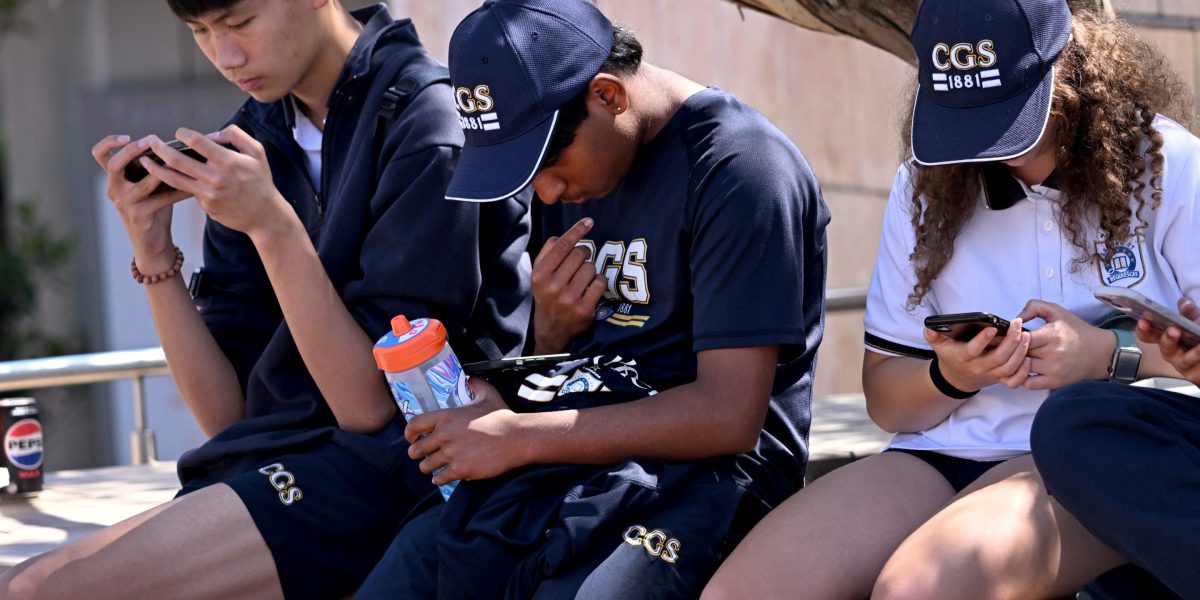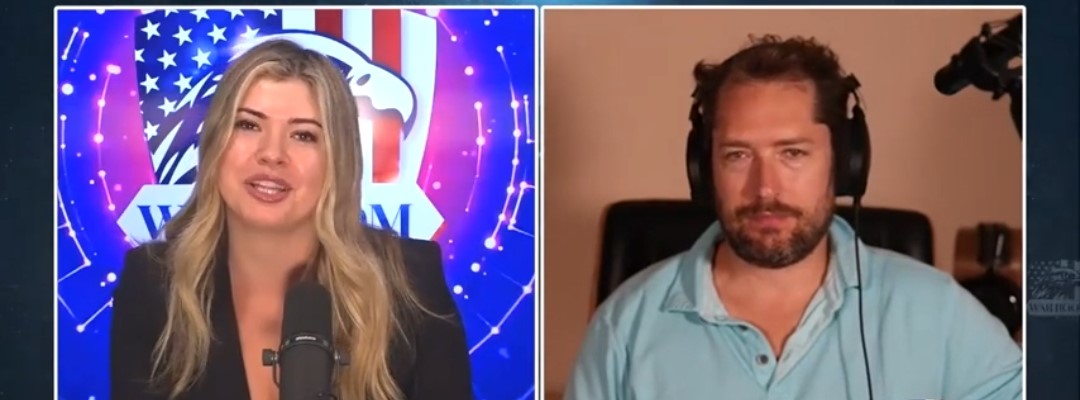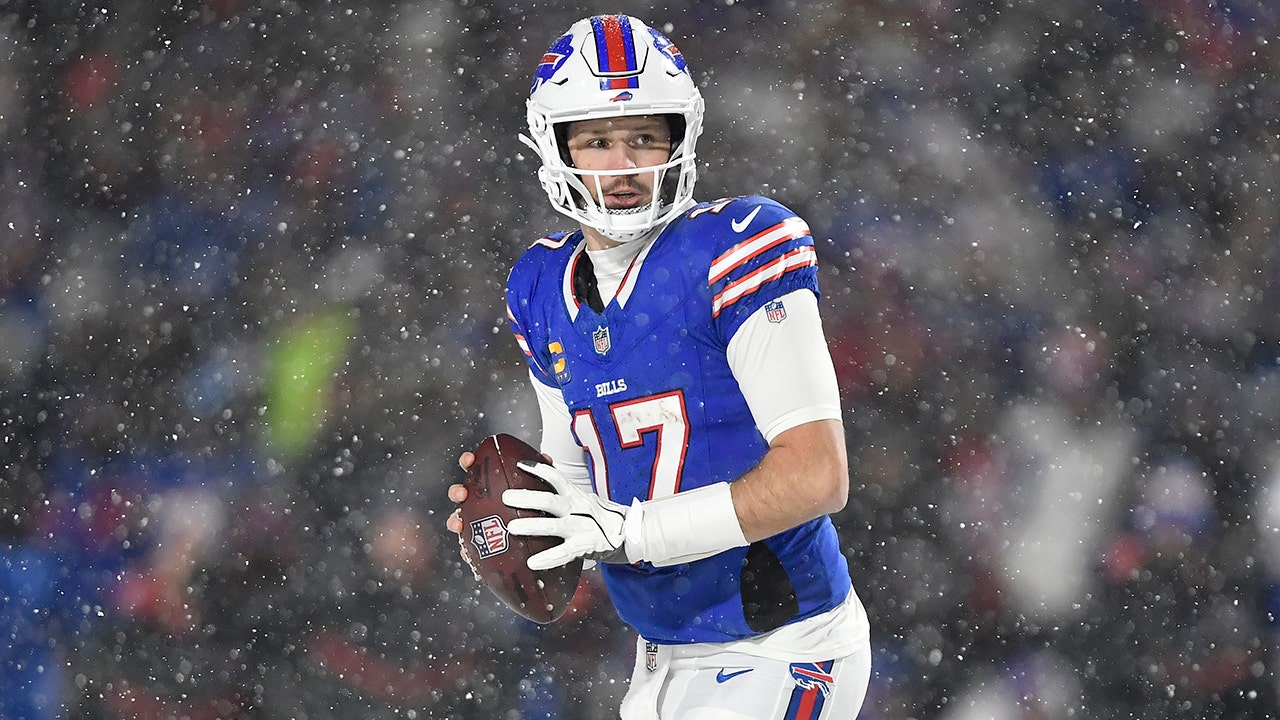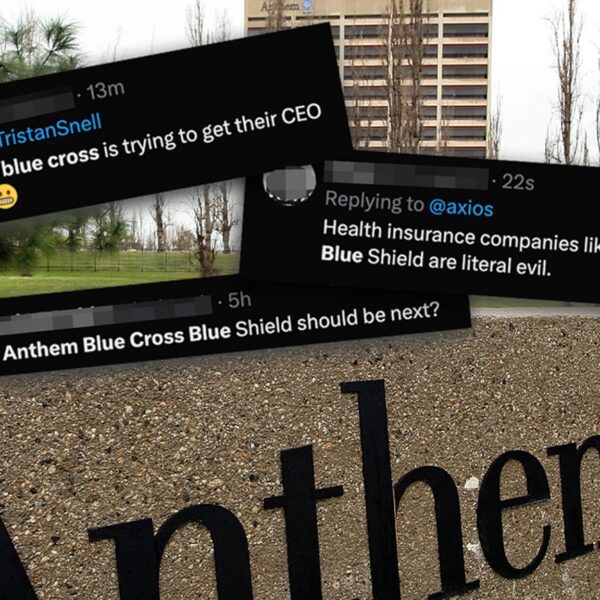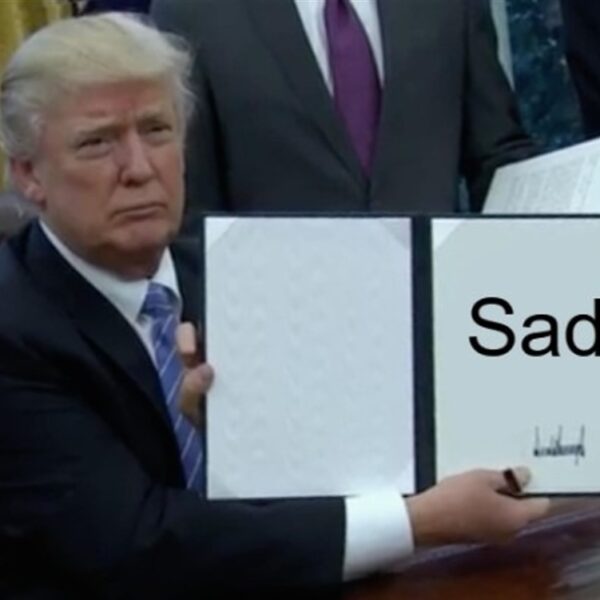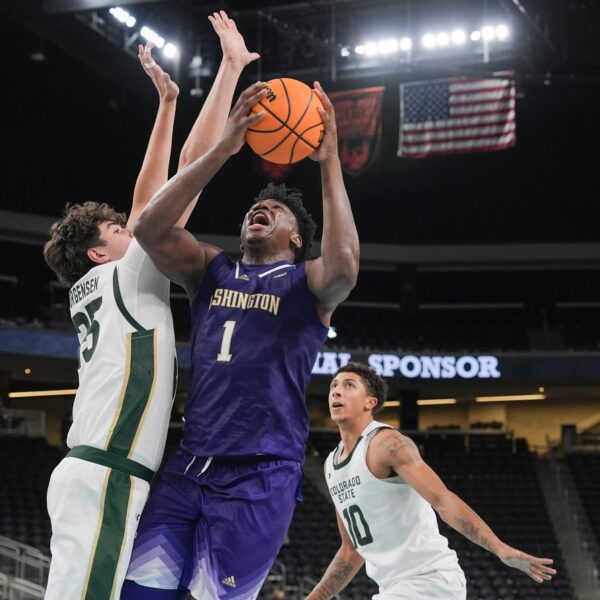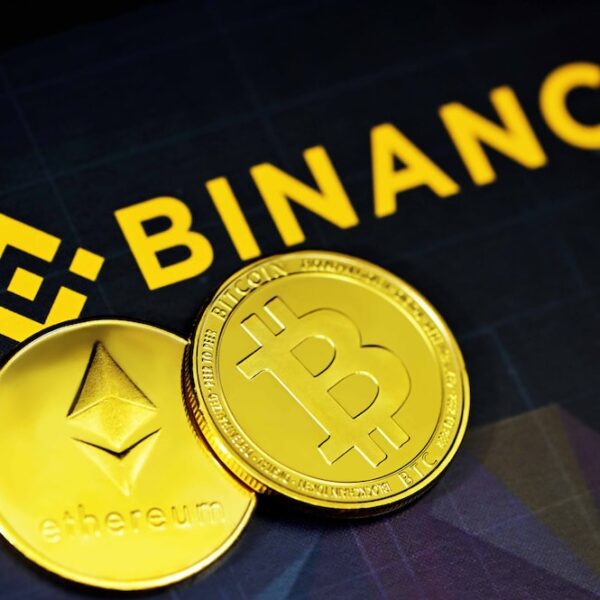

Australia’s lawmakers have voted to ban those under the age of 16 from using social media—even if their parents are okay with it.
On Friday morning, Australia’s house of representatives approved the bill with bipartisan support, ending a legislative process that started just a week ago. Social media giants swiftly criticized the new bill, and raised concerns about the “rushed” process to get it passed and missing details about enforcement.
A Meta spokesperson said the U.S. company respected Australia’s decision, but said it was “concerned about the process which rushed the legislation.”
“Last week, the Parliament’s own committee said the ‘causal link with social media remains unclear’ with respect to the mental health of young Australians,” the spokesperson added. “This demonstrates the lack of evidence underpinning the legislation and suggests this was a predetermined process.”
Meta owns both Facebook and Instagram.
TikTok also said it was “important that the [Australian] government works closely with industry to fix issues created by this rushed process.”
A Snap spokesperson argued there are “many unanswered questions about how the law will be implemented in practice,” and said it will work closely with authorities over the next 12 months to develop an approach that balances safety, privacy, and practicality.
Effects on kids
Some research shows that prolonged exposure to social media increases the risk of negative effects like anxiety or depression. Yet experts are divided on whether a blanket ban like Australia’s is the right solution, worrying that a polarized debate risks creating a one-size-fits-all solution. Other experts worry that social media platforms may be the only available option for isolated young people.
Social media companies had raised concerns in the days leading up to the bill. X owner Elon Musk also chimed in, suggesting last week that the bill “seems like a backdoor way to control access to the Internet by all Australians.” (Musk has been a frequent bugbear of the Australian government, refusing to comply with Australian government orders to take down content worldwide.)
Australian Prime Minister Anthony Albanese, who faces an election early next year, argues the legislation is needed to protect young people. He’s also painted social media as a tool for scammers and online predators, as well as a driver of anxiety.
The law received support from both of Australia’s major political parties, as well as parent groups. Yet it’s still unclear how the law will work. The legislations asks tech firms to take “reasonable steps” to prevent underage users from accessing social media, or face fines as high as 50 million Australian dollars ($32 million) if they fail to comply.
The ban is expected to control access to platforms like Facebook, Snapchat, Instagram, X, and Reddit. Exemptions are likely to be given for messaging and education-related services like YouTube, Google Classroom, and WhatsApp. The ban will take effect from late 2025, but does not give details on how tech companies are expected to verify a user’s age.
Critics raise privacy concerns
Critics say a ban also raises privacy concerns and could create more risks for children.
The Australian Child Rights Taskforce pointed out that platforms will now be discouraged from offering child safety features, meaning younger users who somehow gain access to social media won’t be protected.
The Digital Industry Group Inc., a non-profit association in Australia, warned the ban could push younger people to darker places on the internet that lack the safety guardrails on mainstream platforms.
Australia’s social media ban is one of the toughest targeting Big Tech, but it’s not without precedent.
Last year, France passed legislation that requires children under 15 to get a parent’s permission before getting a social media platform, but local media reports that technical challenges have led to a lack of enforcement. Norway is also hoping to enforce a strict minimum age of 15 to access social media.
U.S. states have also targeted social media. New York and California passed legislation aimed at shielding underage users from recommendation algorithms. Utah and Arkansas have tried to pass age-related restrictions, though those have been challenged in court.
Still, Australia’s ban is tougher by denying children access to social media, even if they get parental permission.

